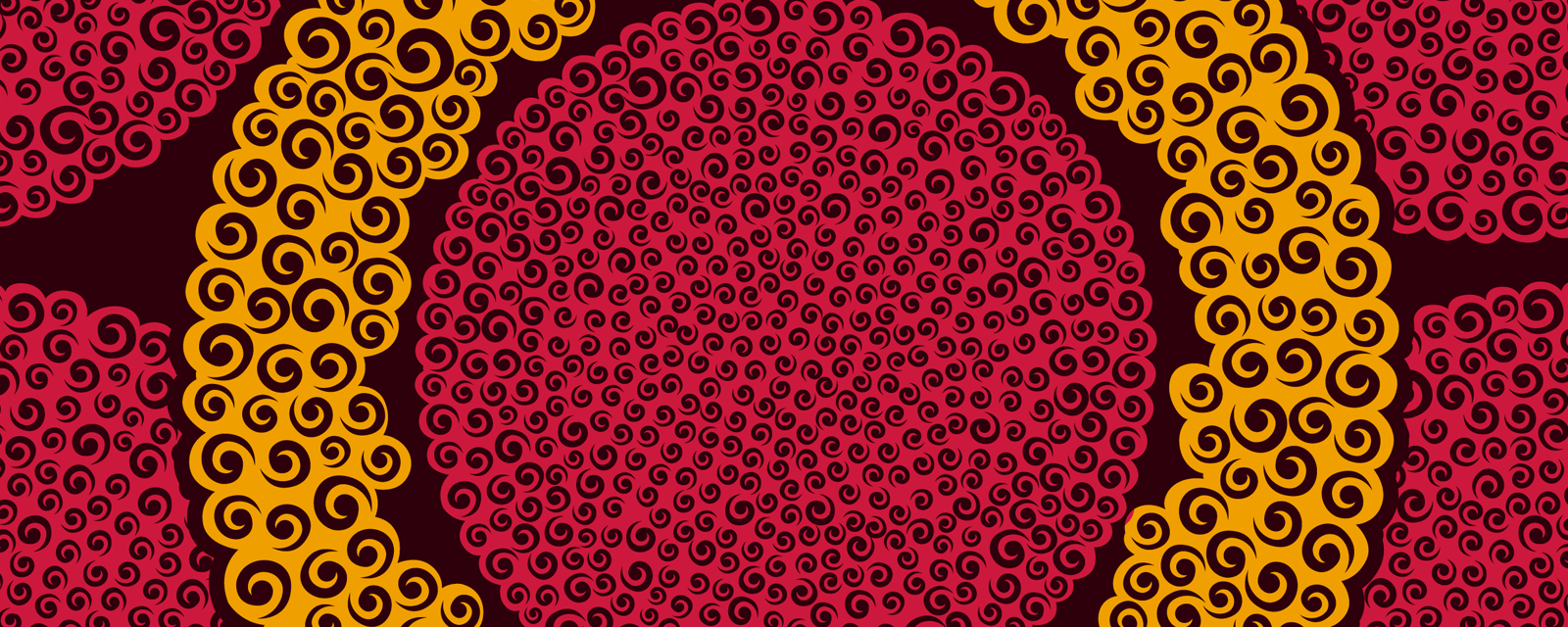A Yorùbá Oríkì (praise poem), from Nigeria. According to legend, the first Alaafin or King of the powerful Yorùbá kingdom of Oyo was Ọranyan. He chose a trader whom he named Onikoyi (meaning, ‘You, the Man Carrying a Basket’) to be one of his generals, holding command over 1469 men who were obliged to fight to the death and never turn their backs to the enemy.
Onikoyi, then, is remembered first and foremost as a warrior. His descendants became rulers of the town of Ikoyi, under the Alaafin.
Onikoyi, the warrior who never received an arrow in his back.
Child of the water lily, child of the squirrel.
The bird’s foot shall never touch the water.
The river shall never be at rest.
Onikoyi, the warrior
Who frightens death himself.
Child of the vulture perching on the baobab tree;
Child of the eagle sitting on the silk cotton tree;
Child of the hawk waiting on the camwood tree.
When the vulture flaps down
He will eat the intestines of a brave warrior;
When the eagle glides down
He will eat the liver of a brave warrior;
When the hawk pounces down
He will eat the eyes of a brave warrior. (1)
Onikoyi loves nothing but war:
When others drink wine, he drinks blood;
When others plant yams, he is planting heads;
When others reap fruit, he is reaping dead warriors. (2)
One day Onikoyi went out to rob.
Then a thief broke into his own house.
Onikoyi met the thief on the road.
The thief said, ‘Ha — is that not Onikoyo?’
Onikoyi said, ‘Ha — is that not the thief?’
They pounce on each other:
Onikoyi cuts off the thief’s head.
The thief cries, ‘Oshun, Sonponna, help me!’ (3)
Onikoyi replies, ‘Whether you call Oshun or whether you call Sonponna,
I am the one who cuts off the heads;
For every warrior is a bit of a thief.’ (4)
from Yoruba Poetry (1970),
by Ulli Beier
Footnotes
- These lines refer to the death of one of the descendants of Onikoyi, who died on the battlefield where three trees met overhead and was not discovered for several days, by which time his corpse had been half eaten by the birds mentioned in the poem.
- These lines are obscure, but may refer to an occasion when the Alaafin prevented Onikoyi from killing the whole population of a town.
- Oshun, Sonponna are Yorùbá gods
- The one who cuts off the heads: Yorùbá gods and heroes must fulfil their own nature and no rival god can intervene. Onikoyi’s nature is that of a warrior and, like every warrior, he is also a bit of a thief.

